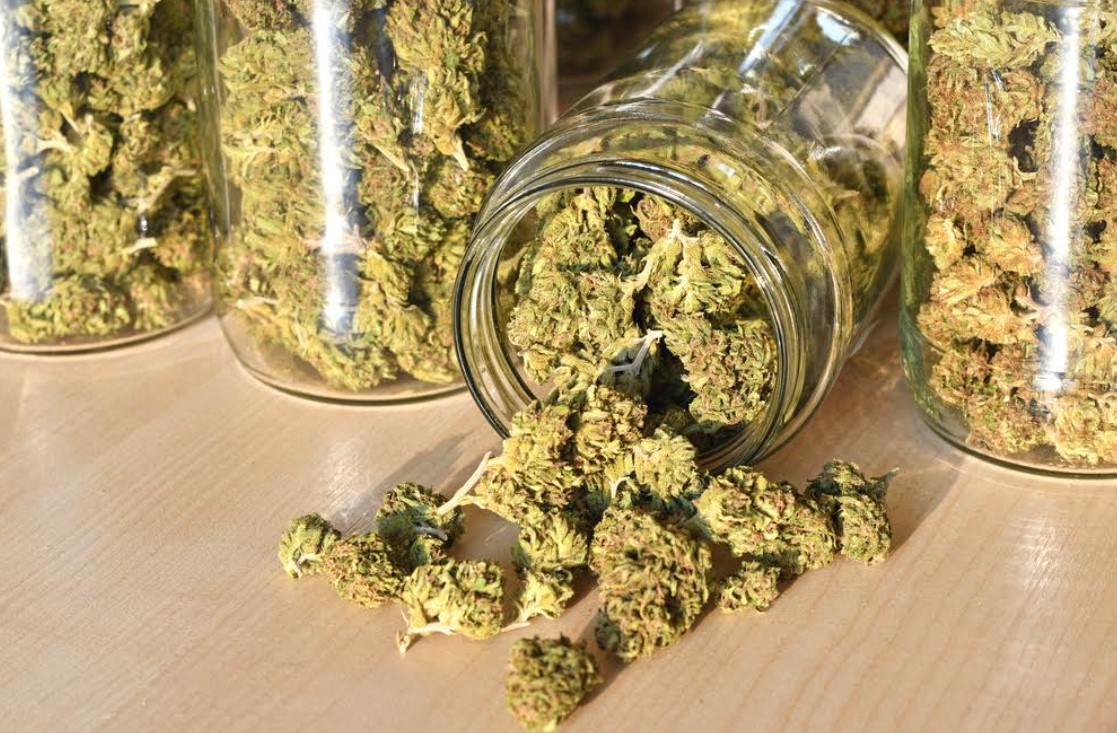
2022 was a banner year for the marijuana legalization movement. In one of the most important developments of that year, the federal government announced it was taking action to encourage cannabis research for medical purposes. Now, a new online resource aimed at researchers has been launched.
A new site put together by the National Center for Complementary and Integrative Health (NCCIH) gives individual researchers and organizations instant access to information regarding currently funded studies and ongoing grants. The NCCIH is part of the National Institutes of Health (NIH).
Learning About Current Research
The new site apparently has a number of landing pages designed to direct visitors to the data they are interested in. First up is data regarding current research studies. These are all studies that the federal government has fully or partially funded. The studies can involve:
- the entire marijuana plant
- varying cannabinoid compounds
- cannabis and cannabis-derived extracts
- the endocannabinoid system.
Despite cannabis still being classified as a Schedule I controlled substance under federal law, the NIH has publicly voiced support for cannabis research relating to medical efficacy. They want to know if cannabis offers therapeutic benefits. To find out, they are helping fund new research.
Currently Available Grants
The other landing pages relate to currently available grants. Researchers looking for funding would be interested in this information. A brief perusal of the website tells them exactly what is being offered and what it can be used for.
Government grant money for research purposes is nothing new. The difference here is that Washington is now actively involved in cannabis research. The importance of this reality cannot be understated. Remember that Washington has taken an aggressive stand against marijuana for decades. Regulators agreeing to supply research funding is a huge step forward.
Research Will Determine the Future
Research into cannabis’ potential therapeutic benefits will ultimately determine the future of the plant in this country. Right now, that future is a bit uncertain. Cannabis proponents want to see marijuana either rescheduled or completely decriminalized. Federally funded research studies are almost certainly going to lead to an eventual rescheduling. Full decriminalization is another matter.
Rescheduling marijuana under Schedule II or Schedule III would allow doctors to write medical cannabis prescriptions just as they do for other medications. Those prescriptions could be filled at corner pharmacies and grocery stores. What a change that would be.
Medical Cannabis Cards Required
Under current conditions, doctors are not allowed to offer prescription cannabis. All they can do is recommend cannabis as a medicine as they assist patients looking to obtain medical cannabis cards. That is certainly the way it works in Utah.
According to the operators of the Deseret Wellness medical cannabis pharmacy in Park City, only patients with valid cards can purchase medical cannabis products. Only specialized pharmacies with state licenses can sell the products. All of that would change with rescheduling and/or decriminalization.
Congress and the FDA
It seems likely that we will eventually get to either rescheduling or decriminalization. It also seems likely that Congress and the FDA will play a leading role. Both could be influenced by clinical research conducted in much the same way pharmaceuticals now research new drugs.
High quality, clinical research could convince the FDA to approve more cannabis-based drugs. FDA action could spur Congress to reschedule marijuana. On the other hand, a lack of clinical research could push lawmakers intent on changing things toward decriminalization.
One way or the other, cannabis researchers now have access to another online tool that could help them do what they do. Now let’s see how they use it.

